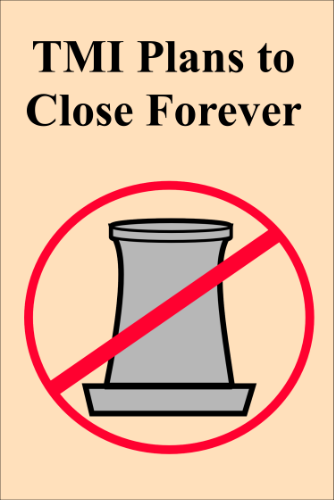No: 24-013 February 20, 2024
NRC Proposes to Amend Licensing, Inspection, and Annual Fees for Fiscal Year 2024
The Nuclear Regulatory Commission is seeking public comment on proposed changes to
the licensing, inspection, special projects, and annual fees it will charge applicants and licensees
for fiscal year 2024.
The proposed fee rule, published today in the Federal Register, is based on the FY 2024
Congressional Budget Justification as a full-year appropriation has not yet been enacted. The
final rule will be based on the NRC’s actual appropriation, and the agency will update the final
fee schedule as appropriate. The NRC’s proposed FY 2024 budget is approximately $1.01
billion. The agency would use $27.1 million in carryover funds, making the total budget
authority used in the FY 2024 proposed fee rule $979.2 million, an increase of $52.1 million
from FY 2023.
Under the Nuclear Energy Innovation and Modernization Act, the NRC is required to
recover approximately 100 percent of its total budget authority in FY 2024, except funds for
specific excluded activities.
After accounting for the exclusions from the fee recovery requirement and net billing
adjustments, the NRC must recover approximately $825.7 million in fees in FY 2024. Of this
amount, the NRC estimates that $205.5 million will be recovered through service fees under 10
CFR Part 170 and $620.2 million through annual fees under 10 CFR Part 171.
Compared to FY 2023, the proposed annual fees would decrease for the operating power
reactors fee class. This fee does not exceed the cap established by NEIMA. The proposed annual
fees would increase for fuel facilities, spent fuel storage/reactor decommissioning activities, non-
power production or utilization facilities, transportation activities for the U.S. Department of
Energy, the non-DOE uranium recovery licensee, the Uranium Mill Tailings Radiation Control
Act Program, and all materials users fee categories.
The proposed fee rule includes several other changes affecting licensees and applicants.
The NRC proposes to increase the hourly rate for services from $300 to $321 for FY 2024, and
license application fees would be adjusted accordingly. In addition, the proposed rule would
amend NRC’s payment methods to align with the U.S. Department of the Treasury’s “No-Cash
No-Check” policy, to remove paper forms of payment and provide that payments be made
electronically using the methods accepted at www.pay.gov.
The proposed rule includes detailed instructions on how to submit written comments.
Comments will be accepted through March 21.
























